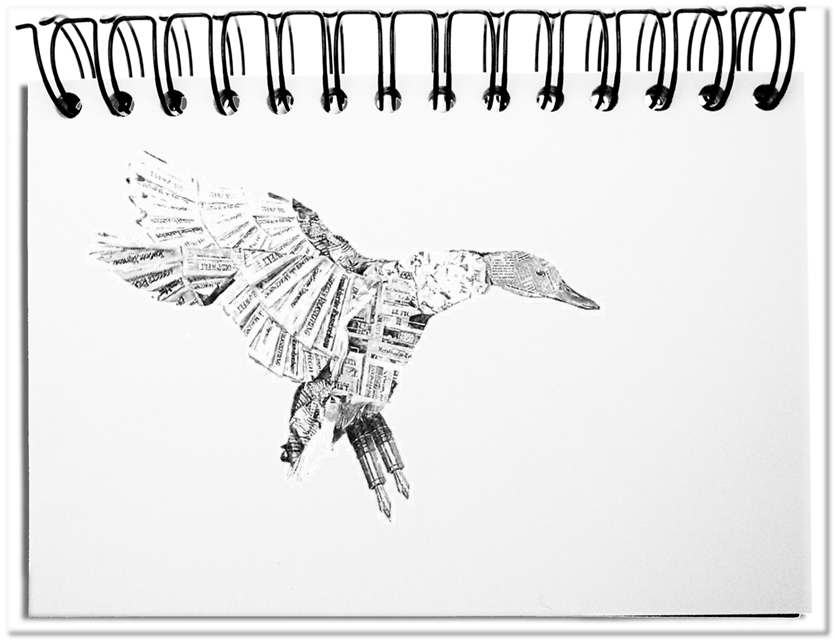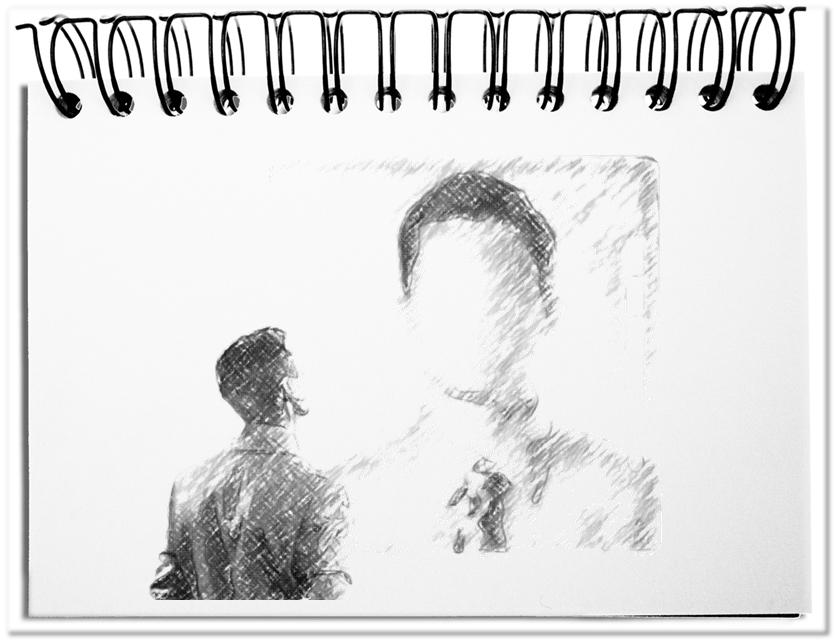Still thirty years ago, you one reached the public by means of special channels – daily papers, magazines, radio, and television. Nowadays, everybody can place its expression in the Internet and latently reach three billion people. Without the filters of the professional news makers the question arises, which information is right or wrong. Nevertheless, there was always fake news. This goes from a German cell of the Ku-Klux-clan, to the stone louse invented by Loriot (a German humorist), to the Hitler diaries that were published by the Stern (a German magazine). News developed in such a way are nothing else than lies. However, where does the truth begin and where does the lie ends? Right and wrong is maybe a question of the point of view.
A look at some aspects clarifies the difficulty.
- Points of view make a difference
Depending on where you are and into which direction you are looking, you see facts differently. The point of view is limited in any case. The involvement determines what you see and evaluate. If you belong to the group of victims, the unjustified act is your focus. Perpetrators are looking on the conclusive reason of their action. As an outsider you have a neutral standpoint due to missing background information. But which point of view is eventually right or wrong? - Contacts make a difference
A second-hand report provides mostly different, contradictory perceptions. The statements are determined likewise by the role (see above). Additionally the perceptions are limited by the filters of the Meta model of the language. Contents are simply erased or generalized or distorted. How can you tell, what is right or wrong? - Culture makes a difference
Depending on the affiliation to a culture differs for example the kind of information exchange, the dealing of people or the description of the time factors. The style leads to detailed or vague reports, depending on the presuppositions based on the prior knowledge of the target group. Cultural emphasis by looking at individual persons or at groups makes a difference. The handling of time leads also to a justifying look at the past or a simple description of the present or a consideration of future consequences. What is then correct or wrong?
The quest for truth was asked by all philosophers since the ancient Greeks. With the Internet there is a medium that can be used by everybody to reach everybody. Thus, it opens the flood gates for spreading all conceivable statements. What corresponds to the truth or at least gets close to it, is not finally decidable due to the different points of view. The attempt to create neutral authorities for the certification of contents, will not fix this issue.
Bottom line: In the absence of a guaranteed truth, we must learn to deal with different versions of facts. As soon as we understand that different perspectives produce different, possible realities, we are warned and it will be easier to deal attentively with the presented proclamations. In the end depends right or wrong on the standpoint – except in case of a deliberately intended lie.


